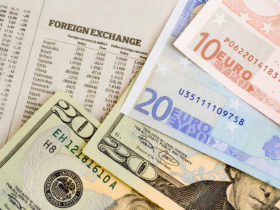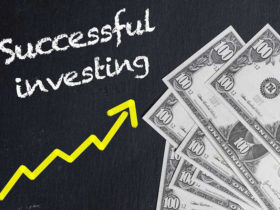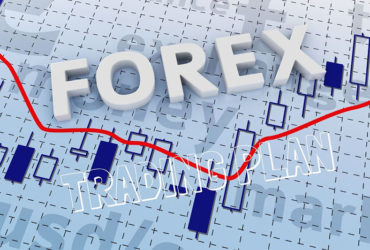Have you ever pondered why the stop loss levels you have entered for your Forex trades get hit before the market moves in your intended direction without you onboard? Assuming those stop loss levels have been determined technically (from charts) in an appropriate manner, was it due to pure coincidence, bad luck or misreading charts? Is it even safe to enter stop loss orders?
This article introduces the market phenomenon commonly referred to as "stops being run" — the propensity for prices to move towards chart points upon which traders base their stop levels. It also discusses the thinking behind why stops are important to the Forex trader.
Getting your Forex trades stopped out invariably happens to all Forex traders, beginner or otherwise. It is often frustrating to see a supposedly good trade being ruined by market action that somehow comes for your stop and then bounces off almost immediately to trend strongly. Stories abound regarding the so-called "invisible hands" of the market that are able to shake off weak players. Some talk about stop loss orders being visible in the trading platforms and hence vulnerable to being hit.
Yet others suppose this is a way the market feeds on itself by luring players back in after kicking them out. Upon seeing that prices start to move in their intended direction, some traders would believe they were right in the first place about their trades and jump into the market, thus creating more demand and providing the momentum for a good price move. This seems like an acceptable explanation for the strong trends that often occur after stops are run.
If your Forex trading platform is such that your broker takes the opposite side of your trade, there could also be opportunities to push the limits during price spikes such that your stops get hit. Comparing price charts from various brokers will highlight this nuance; in fact, you will see that not all price bars are created equal. This is the nature of the Forex market, which does not have a centralized exchange.
All things said, should you avoid setting a stop loss for your Forex trade? The answer has to be an emphatic "NO"! Trading without an idea of where you must cut loss is like driving with faulty brakes — it is dangerous and can potentially cause severe damage to your account and your psyche. Yes, it is quite human to sit on losses (and be hoping real hard), but as a serious Forex trader, one of your main objectives must be to preserve trading capital to fight the markets another day.
The right way to manage your stop loss is to enter the stop order once your Forex trade has been filled. Better still, enter a contingent order when you originate the Forex trade so as to automate the setting of the stop loss for that trade. Alternatively, if you prefer to watch the market and make do with a mental stop, always write down this stop loss level and ensure you have full visibility of this figure. Also, set an alert signal in your Forex trading platform to prompt you when prices approach your stop, say 10 to 15 pips away. This can help you stay focussed and prepare you to exit the position should the market trade to your stop level.
Like it or not, the market will go where it wants due to the cumulative effect of its innumerous participants, each having a different view and vested interest. Remember, while you cannot prevent stops from being run, you must shun trading recklessly with no pre-determined stop loss level for each Forex trade you take. There are many trading opportunities each day but you must have sufficient trading funds left to participate in the Forex markets. Respecting your stop loss level is one sure way to help you preserve your trading capital and stay alive as an active Forex trader.
















